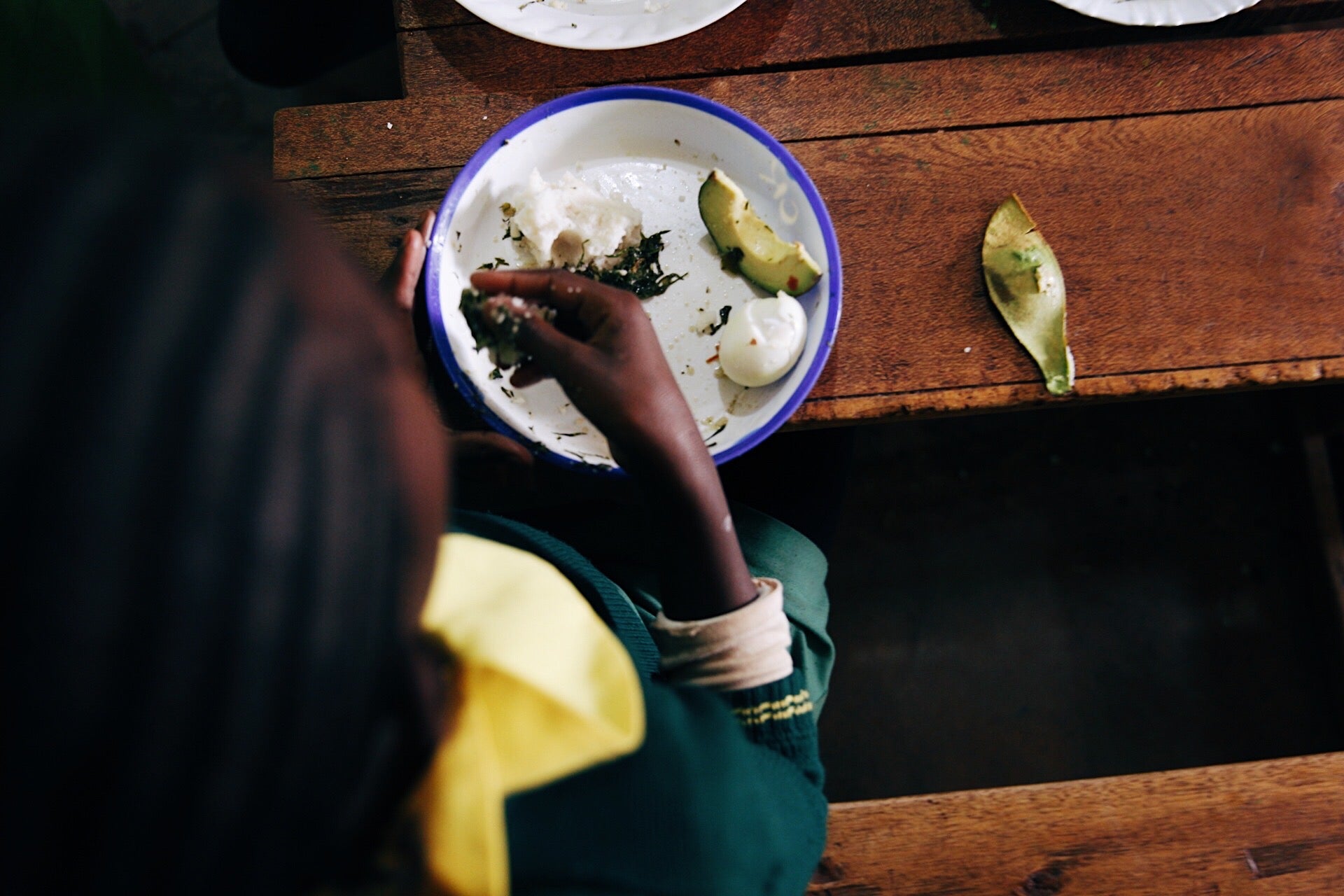
Tips for healthier and more holistic eating
*Text: Fernanda Galeoti
Holistic nutrition is all about eating healthy foods as close to their natural state as possible. This diet includes unrefined, unprocessed, organic, and locally grown whole foods. It is an approach to eating that very consciously considers everything that is consumed and focuses on eating for health above all else.
Nowadays, children's diet involves a lot of convenience, but it is healthy food that will bring the necessary benefits for good development. A diet full of nutrients stabilizes children's energy, improves their minds, balances their moods, helps maintain a healthy weight, and helps prevent health problems.
There are many ways to teach and support your children on their journey to healthy eating and we consider this to be a key point for our children at the Hai Center in Kenya.
Tips offered by experts include:
- Start with breakfast: A balanced protein breakfast is a great way for your child to start their day. Protein can help them stay fuller for longer. It can even help teenagers lose weight. Some good options to start the day are: an egg sandwich with whole wheat bread, yogurt, hard-boiled eggs or an apple.
- Make meals a priority: Sitting around the table with the family is an important part of establishing healthy eating habits. But it's more than just eating together. Children do best with routine. Knowing that they have dinner or other meals with their family on a regular basis helps them feel safe.
- Get the kids involved: Ask your kids to help you choose foods to eat. Teach them to read the label so they know the nutrition in the foods they are choosing. They can also help prepare meals and take some responsibility for what they are eating. Another fun way to get your child involved is to plant a vegetable garden. Growing favorite fruits, vegetables, and herbs can teach children valuable lessons. Growing, keeping and harvesting your own food can be a rewarding experience for children and adults alike.
- Prioritize the right kind of fats : Ditch inflammatory commercial seed oils (corn, canola, safflower, vegetable) and stick to natural sources like olive, avocado, coconut, and butter. Omega-3 fats from salmon, sardines, mackerel and oysters are great, or a high-quality omega-3 supplement may also be a good option.
-
Introduce more protein : This macronutrient helps brains and muscles grow - so it's important to include it in meals and snacks. A child's protein requirements are usually the size of the palm of your hand at each meal. Naturally raised animal products are good options, along with eggs, nuts, seeds, lentils, quinoa and beans. If your family is vegetarian, legumes and tofu are easily substituted.
- Limit sugar: Many foods have added sugar. At best, all that extra sugar just adds empty calories to our diet. On the other hand, it can contribute to hyperactivity, mood disorders, obesity and diabetes. Sugar is already found naturally in many foods, such as fruits, vegetables, grains and dairy. We get all the sugar we need from these foods, which promote a more holistic, i.e. natural, diet.
Holistic parenting starts at home, and there's still a lot to do if we're to raise a generation of smarter, happier, fitter kids. By prioritizing real food, lots of activity and quality family time, we can help our children reach their best developmental potential.
Sources:
https://doctortaz.com/the-holistic-approach-to-raising-healthy-kids-naturally/



Adorei as dicas!! Estamos neste caminho aqui em casa, mas sempre há o que melhorar! Grata por compartilharem!!